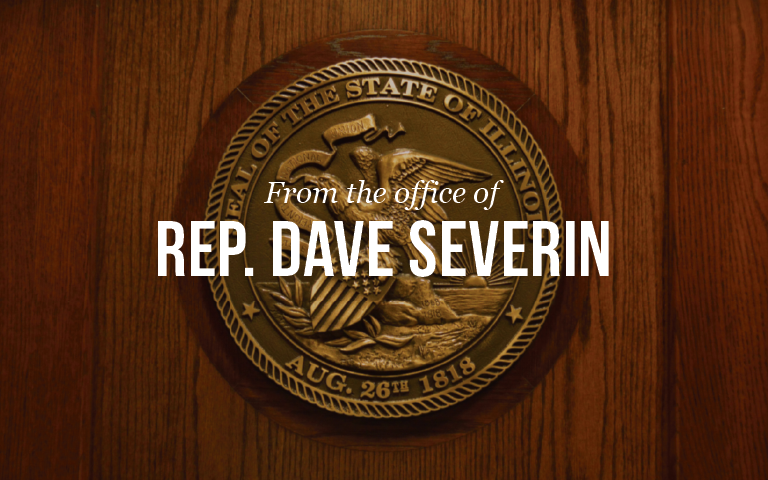SPRINGFIELD – State Rep. Dave Severin says he is disappointed by Illinois House Democrats’ approval of legislation that only partially pays back money borrowed from the Federal government to shore up the Unemployment Insurance Trust fund.
“Democrats are being irresponsible with money again,” Severin said. “Their plan only partially pays back the billions we owe the Federal government for money we borrowed to keep our unemployment insurance fund afloat. This is frustrating to me because we have plenty of ARPA and CARES money to pay the fund back before the deadline. It doesn’t have to be this way.”
Severin says the Democrats’ plan contained in SB 2803 will leave a $1.7 billion hole in the unemployment insurance trust fund with no plan to pay back the money.
“This legislation will certainly leave taxpayers on the hook for future increases and leaves the fund vulnerable in case of another emergency,” Severin said. “Multiple other states across the country faced a similar situation and chose to pay back what they owed with eligible federal funds.”
Illinois is projected to take in $4.6 billion more in revenue during the current fiscal year (FY 22) than when the current budget passed last May 2021. Severin says Illinois Democrats have a simple choice, use ARPA funding to pay off the unemployment insurance trust fund debt, or impose a tax hike on jobs.
“Instead of spending these funds on democrat pork projects, we should be paying off our debt to avoid a tax hike on jobs and cuts to unemployment benefits,” Severin said. “Governor Pritzker needs to lead on this issue and cause a course change. Let’s prioritize the payment of the unemployment insurance debt we owe to the Federal government. This would shore up the fund in case of another major emergency and avoid unnecessary interest penalties.”
SB 2803 passed the Illinois House as amended on a partisan roll call. Zero Republicans endorsed the plan. The bill will be sent back to the Senate for a concurrence motion.
“If the bill makes it to the Governor, he should veto it to avoid a tax hike on jobs as employers are already struggling in a high-priced, worker-shortage economy,” Severin said.
###
